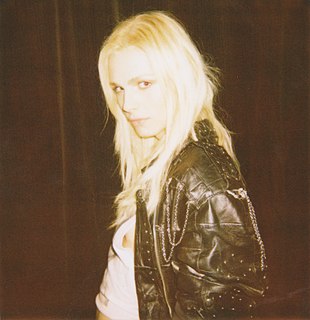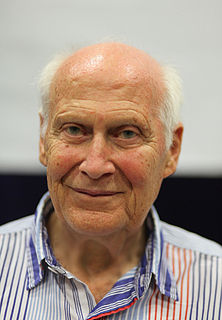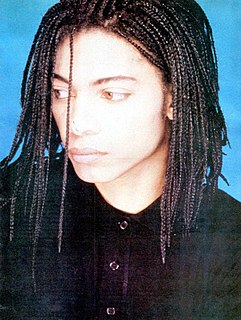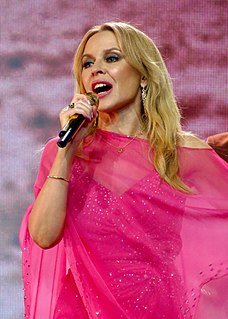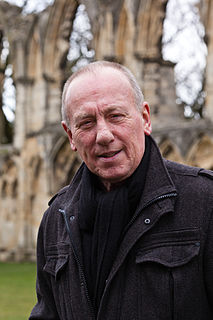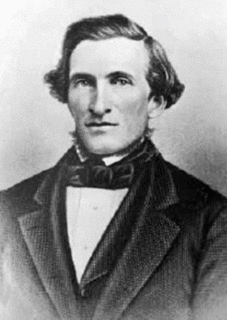A Quote by John Banville
If I was asked to say what was the greatest invention of human beings, I would say the sentence.
Quote Topics
Related Quotes
In the beginning, I want to say something about human greatness. Some time ago, I was reading texts of Kungtse. When I read these texts, I understood something about human greatness. What I understood from his writings was: What is greatest in human beings is what makes them equal to everybody else. Everything else that deviates higher or lower from what is common to all human beings makes us less. If we know this, we can develop a deep respect for every human being.
Would there not be the greatest reason to apprehend, that error in the first sentence would be the parent of error in the second sentence? That the strong bias of one decision would be apt to overrule the influence of any new lights, which might be brought to vary the complexion of another decision? Those, who know any thing of human nature, will not hesitate to answer these questions in the affirmative.
Most people don't get out of childhood, or adolescence, without being wounded for telling the truth. Someone says 'you can't say that' or 'you shouldn't say that' or 'that wasn't appropriate' so most of us human beings have a very deep underlying conditioning that says that just to be who we are is not OK.......Most human beings have an imprinting that if they're real, if they're honest, somebody's not gonna like it. And they won't be able to control their environment if they tell the truth.
If pressed to supplement Tweedledee's ostensive definition of logic with a discursive definition of the same subject, I would say that logic is the systematic study of the logical truths. Pressed further, I would say that a sentence is logically true if all sentences with its grammatical structure are true. Pressed further still, I would say to read this book.
Writing keeps me at my desk, constantly trying to write a perfect sentence. It is a great privilege to make one's living from writing sentences. The sentence is the greatest invention of civilization. To sit all day long assembling these extraordinary strings of words is a marvelous thing. I couldn't ask for anything better. It's as near to godliness as I can get.
What would a man of God say, who felt aright, when Joseph asked him for his money? He would say, 'Yes, and I wish I had more to help to build up the Kingdom of God.' Or if he came and said 'I want your wife?' 'O Yes,' he would say, 'here she is, there are plenty more.' ... Did the Prophet Joseph want every man's wife he asked for? He did not... If such a man of God should come to me and say, 'I want your gold and silver, or your wives,' I should say, 'Here they are, I wish I had more to give you, take all I have got.'


